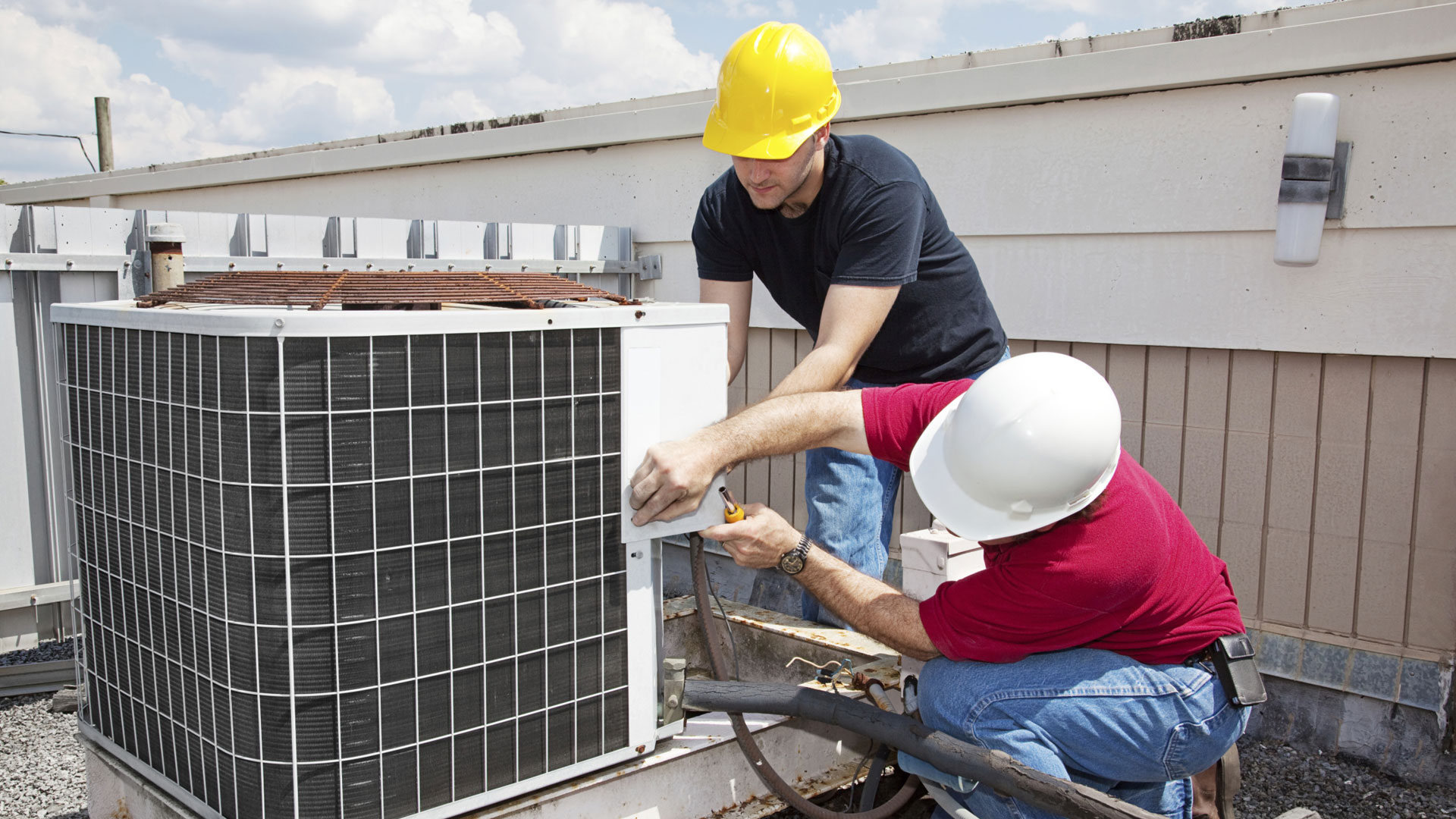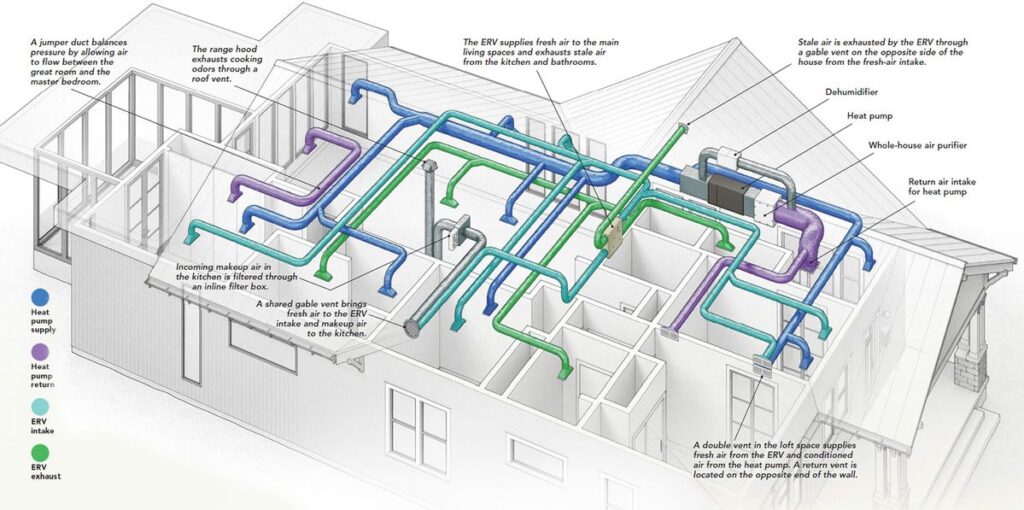Step-by-Step Guide to Starting Your HVAC Career
The HVAC industry—short for Heating, Ventilation, and Air Conditioning—is a rapidly growing field offering stable and high-paying job opportunities. Whether you’re a school graduate, diploma holder, or someone looking to switch careers, this step-by-step guide to starting your HVAC career will help you build a strong foundation for success.
1. Understand What HVAC Is
Before diving in, it’s essential to understand what HVAC truly means. HVAC systems regulate temperature, humidity, and air quality in residential, commercial, and industrial spaces. As a HVAC technician, your role is critical to maintaining energy efficiency, indoor comfort, and safety.
High-demand HVAC jobs include:
- HVAC Installer
- HVAC Maintenance Technician
- HVAC Engineer
- Refrigeration Mechanic
2. Explore HVAC Career Opportunities
The global demand for skilled HVAC professionals is rising, especially in regions focused on infrastructure development and green building technologies. In India, the Middle East, and North America, there is a shortage of certified technicians.
Top industries hiring HVAC professionals:
- Construction and Real Estate
- Commercial Facilities (malls, hospitals, offices)
- Smart Building Automation
- Renewable Energy Integration
3. Meet the Educational Requirements
To kick-start your HVAC career, you typically need:
- A 10th or 12th-grade pass certificate
- A diploma in mechanical, electrical, or refrigeration engineering (optional but preferred)
Those without technical backgrounds can opt for a certified HVAC training course to gain hands-on skills.
4. Choose the Right HVAC Training Course
The best way to gain job-ready skills is to enroll in an industry-recognized HVAC training course. Look for training that covers:
- Basics of refrigeration & air conditioning
- Duct design and layout
- Thermodynamics
- HVAC system controls
- Energy efficiency techniques
At CADD Centre, our HVAC technician training program offers hands-on experience with real-world systems, tools, and maintenance protocols.
5. Get Certified to Stand Out
Certification enhances your credibility and increases your job opportunities. Some valuable HVAC certifications include:
- HVAC Design and Drafting Certificate
- EPA 608 Certification (for those planning to work abroad)
- CADD Centre HVAC Certification (recognized in India and Gulf countries)
Having certified HVAC technician status makes you more desirable to recruiters and clients.
6. Develop Key HVAC Technician Skills
To succeed in this field, develop both technical and soft skills:
Top HVAC technician skills:
- Electrical & mechanical troubleshooting
- Blueprint reading
- Equipment installation
- Communication & customer service
- Time management and physical stamina
Learning these through practical HVAC training ensures faster employment.
7. Gain Practical Experience
Internships, apprenticeships, and job-shadowing opportunities provide vital on-the-job training. Many training institutes like CADD Centre assist students in connecting with companies to gain real-time HVAC system experience.
8. Start Applying for HVAC Jobs
After training and certification, you can start applying for roles such as:
- HVAC Technician Jobs for Freshers
- HVAC Site Engineer
- HVAC Maintenance Specialist
- HVAC CAD Designer
Use job portals like Naukri, Indeed, and LinkedIn and also network with alumni or institute placement cells.
9. Stay Updated with HVAC Trends
As HVAC technology evolves, technicians must stay updated with the latest advancements like:
- Smart HVAC systems and IoT integration
- Green HVAC technologies (eco-friendly refrigerants)
- Energy-saving HVAC designs
Staying current gives you an edge over others in your field.
Conclusion:
Starting your HVAC career doesn’t require a traditional engineering degree. With the right mindset, certified training, and practical exposure, you can become a successful HVAC technician and grow in a field that’s essential and future-proof.
At CADD Centre, we offer a comprehensive HVAC training course designed to equip you with the technical skills and hands-on experience needed to thrive in the industry. Our expert-led training, industry-recognized certification, and placement support make us the ideal starting point for your HVAC journey.
FAQs:
What is the eligibility to join an HVAC training course?
Anyone with a 10th/12th pass, diploma, or degree in engineering (mechanical, electrical, civil) can join. Even career switchers without a technical background can enroll through certified HVAC training.
What is the average salary of an HVAC technician?
Freshers can earn ₹2.5 – ₹3.5 LPA, while experienced professionals and Gulf placements can reach ₹6–12 LPA.
Which industries hire HVAC professionals the most?
HVAC professionals are hired by construction companies, real estate developers, commercial facilities (hospitals, malls, offices), manufacturing plants, and renewable energy sectors.
Do I need a degree to work in HVAC?
No, a degree is not mandatory. A certified HVAC training course is enough to start as a technician. However, having a diploma or engineering degree can open up advanced roles like HVAC Design Engineer or Project Manager.
What are the career growth opportunities in HVAC?
You can begin as a Technician/Installer and grow into roles like HVAC Engineer, Project Manager, Energy Auditor, or CAD Designer.
How does CADD Centre’s HVAC course help with placements?
CADD Centre‘s HVAC program is designed with hands-on training, industry-recognized certification, and direct placement support. Students gain real-world exposure and are connected with companies hiring HVAC professionals.





